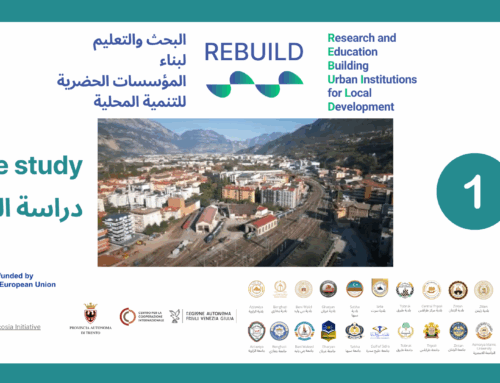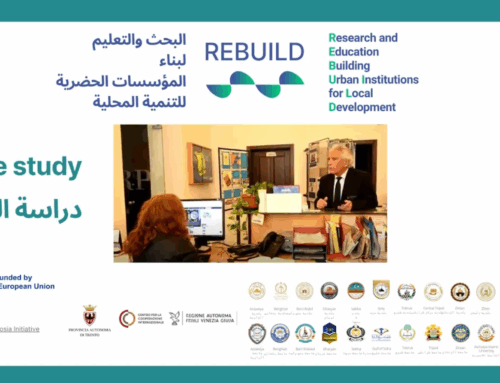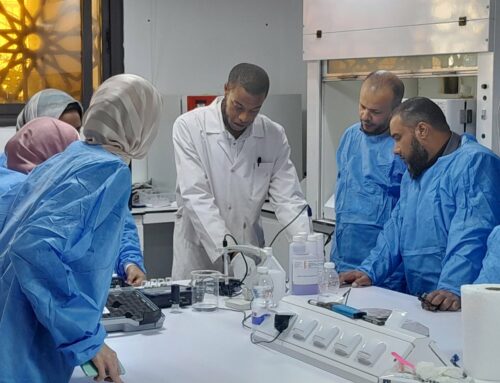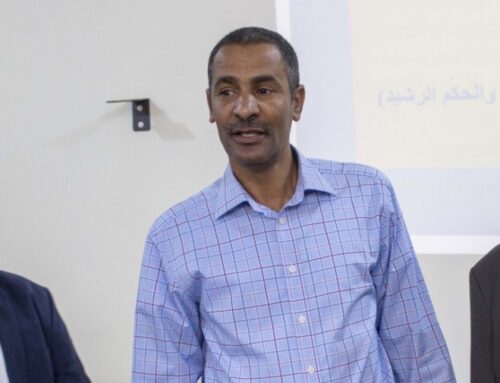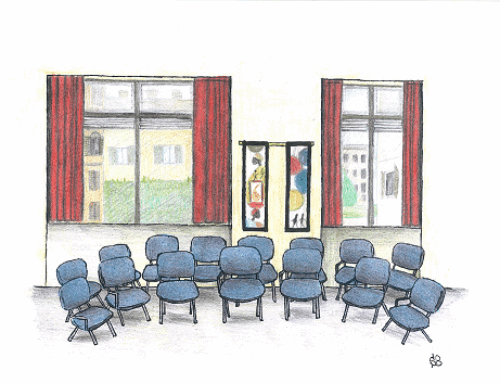Video message by Giovanni Gardelli
Greetings to all the Libyan friends whom I have been lucky enough to meet in these two years of work. I am very happy to meet you again, even if only through this video message.
We are here to talk about our experience, about what we have built this year, in particular the relationships established during the Summer School that took place in Trentino in July 2022.
We have tried to highlight the relationship between the local government and the citizens to build a new path that we shall call ‘governance’ in English, but it’s really called “participatory democracy”. As we have repeatedly emphasized, this is not a goal in itself, but it is about looking for an up-to-date development model together, that is living in the present and yet oriented to the future, which is the best way to honor our past. My Libyan friends, your past is important, as is what we have experienced in Trentino. As we have discussed, our peoples are both characterized by a strong sense of community.
A community that wants to interact with others and wants to grow. And so we asked the question: how to allow this community to work together with its institutions? How do we allow it to participate in the choices of policy makers to find direct realization in everyday activity?
Therefore, we tried to analyze some experiences and techniques together. These democratic techniques first originated in South American countries, which are much more sensitive to citizen participation in institutional life, and later they were brought back to Europe by retracing, so to speak, the path of return of the three caravels of our fellow Christopher Columbus.
I mentioned techniques. We should not think that the participation of our citizens and our stakeholders is an empathic path, free of rules and procedures. It is necessary to organize ourselves and our stakeholders to participate in public decision-making. We have to use those methods that we have seen together to analyze the basic elements, bring them to the attention of our stakeholders, and spark a discussion to find a shared perspective to find the solution to the problem.
But it is clear that this shared solution will then have to be consistent with the ultimate fundamental decision made by the policy maker. We cannot think that these systems can possibly replace the decisions of those who were voted in to achieve this goal. We are talking about participatory democracy, and not about direct democracy.
And so, in order to avoid major conflicts regarding major works, to identify development strategies for a given territory, to share public services, we use this technique: we use these organizations, we use these tools that by now also in Italy and Europe have been tried many times.
We did this exercise with the Summer School participants, after seeing the Trentino experience and learning about local government experiences, by analyzing what actors to involve, in what ways, with what organizational tools. These are long processes, but they are worth experimenting and they will lead to great results.
I am looking forward to visiting you in Libya. I am very happy to have been here with you again today. Goodbye everyone!
Giovanni Gardelli
—
2. The Nicosia Initiative: A Way When There Was No Way – Benedetta Oddo, Nicosia Initiative Coordinator
3. Overview of the role of universities in enhancing the efficiency of municipalities – Dr. Khaled Souissi, Project Officer, University of Zintan
4. The relationship between “project” and “development” dynamics – Stefano Rossi, REBUILD Operational Manager, International Cooperation Centre
5. Experiential learning for the training of agents of local development: PROFADEL – Arnaldo Serna, Coordinator of the PROFADEL International Network

